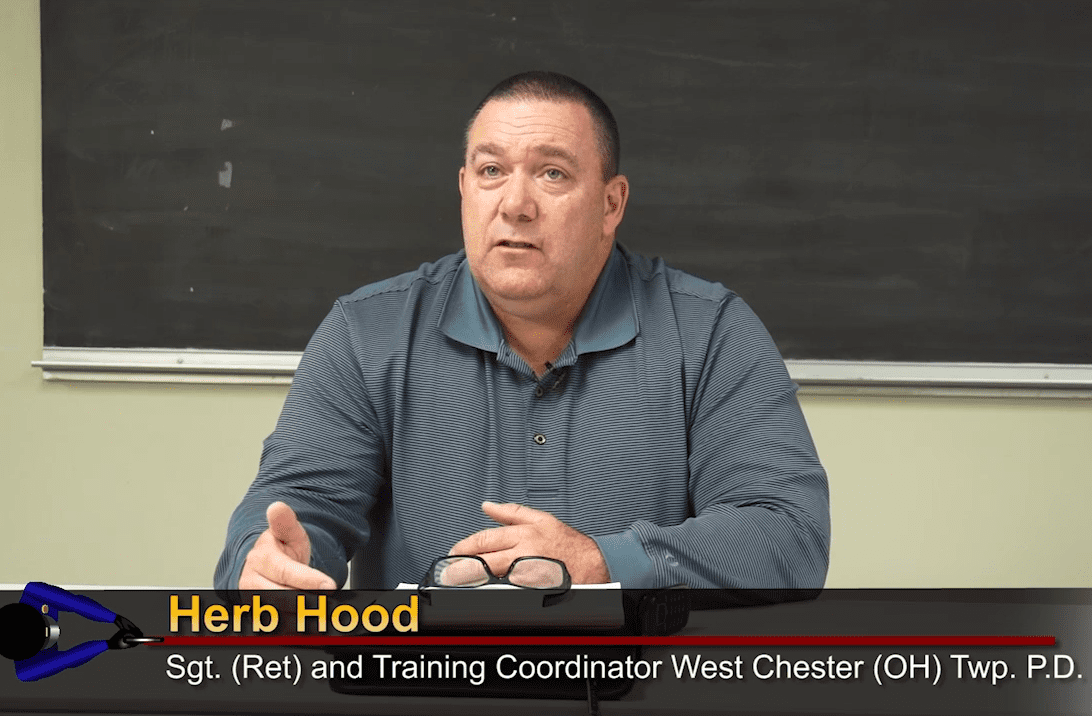
GN05 – Life-saving, street smart tips for cops
In this 'video magazine' format, officers and students are given a wide variety of "golden nuggets"

SI57 – Compassionate Policing/The Ultimate in De-escalation Part 1
In Part One of this two-part training program, we talk with Line of Duty Technical Adviser Randy Sutton. As a retired law enforcement officer, Randy reflects upon his career and talks about how his philosophy of policing changed early on because of the advice from his training sergeant.
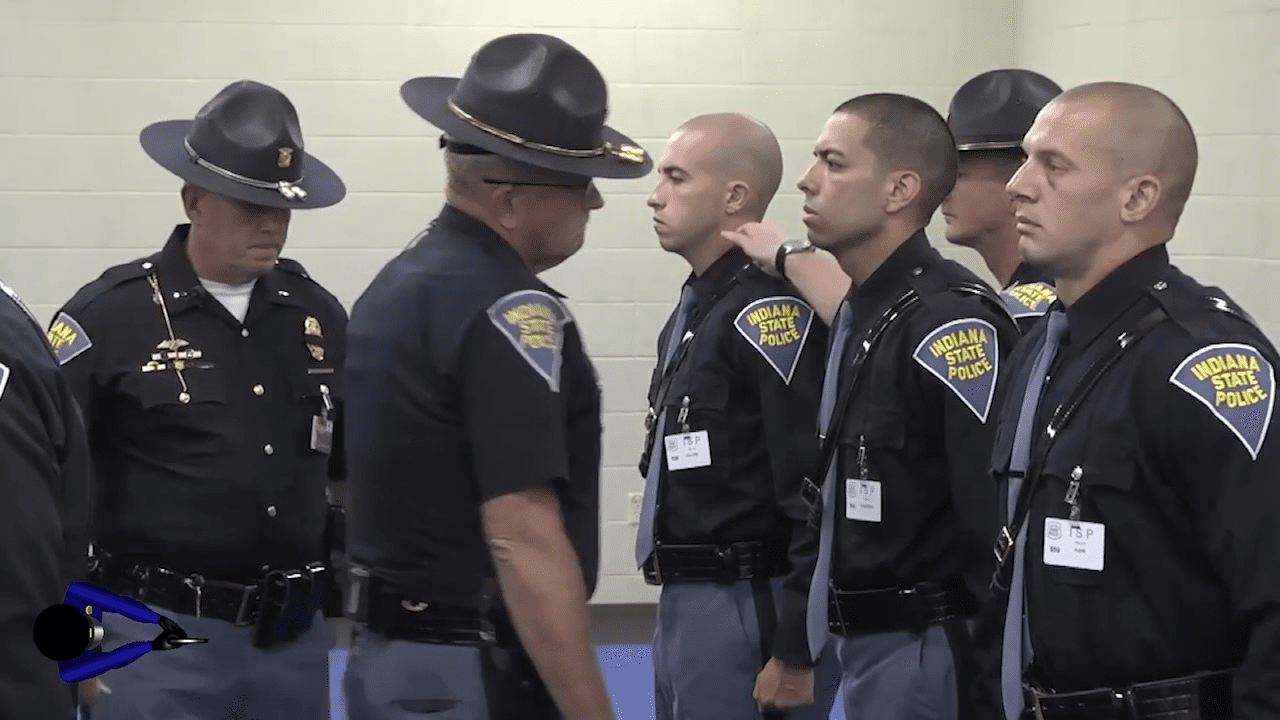
SI74 – Leadership and Supervision/Keeping ‘Toxic’ Out of the Workplace Part II
In Part II of our series on toxic workplaces, you’ll be given still more valuable information on how do deal with these extremely vexing, complex, and thorny issues that, honestly, can become the primary reason(s) officers leave a given department or may even leave the law enforcement profession entirely. Again, we enlist the services of superb retired officers who have more than 120 years of law enforcement expertise on this critical issue.
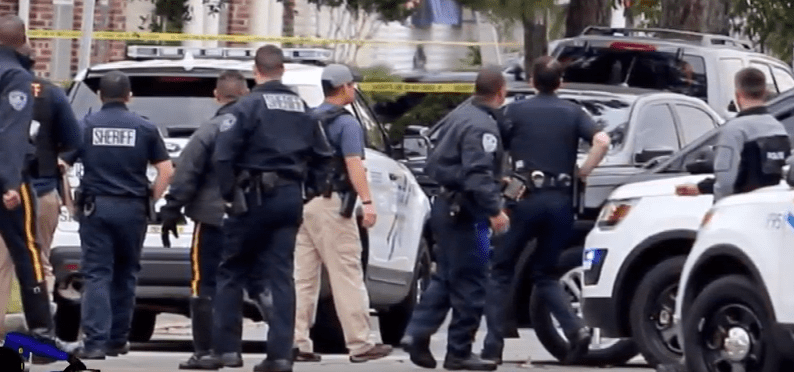
SI38 – Watching Your Six #2
This training program is broken up into four different segments. At the beginning of each segment there are key teaching points designed to make them more interactive and provoke discussion.

SI40 – De Escalation Training : Communications Skills for Police
This program covers one of the biggest hot-button issues in law enforcement today…..De Escalation Training for Police.
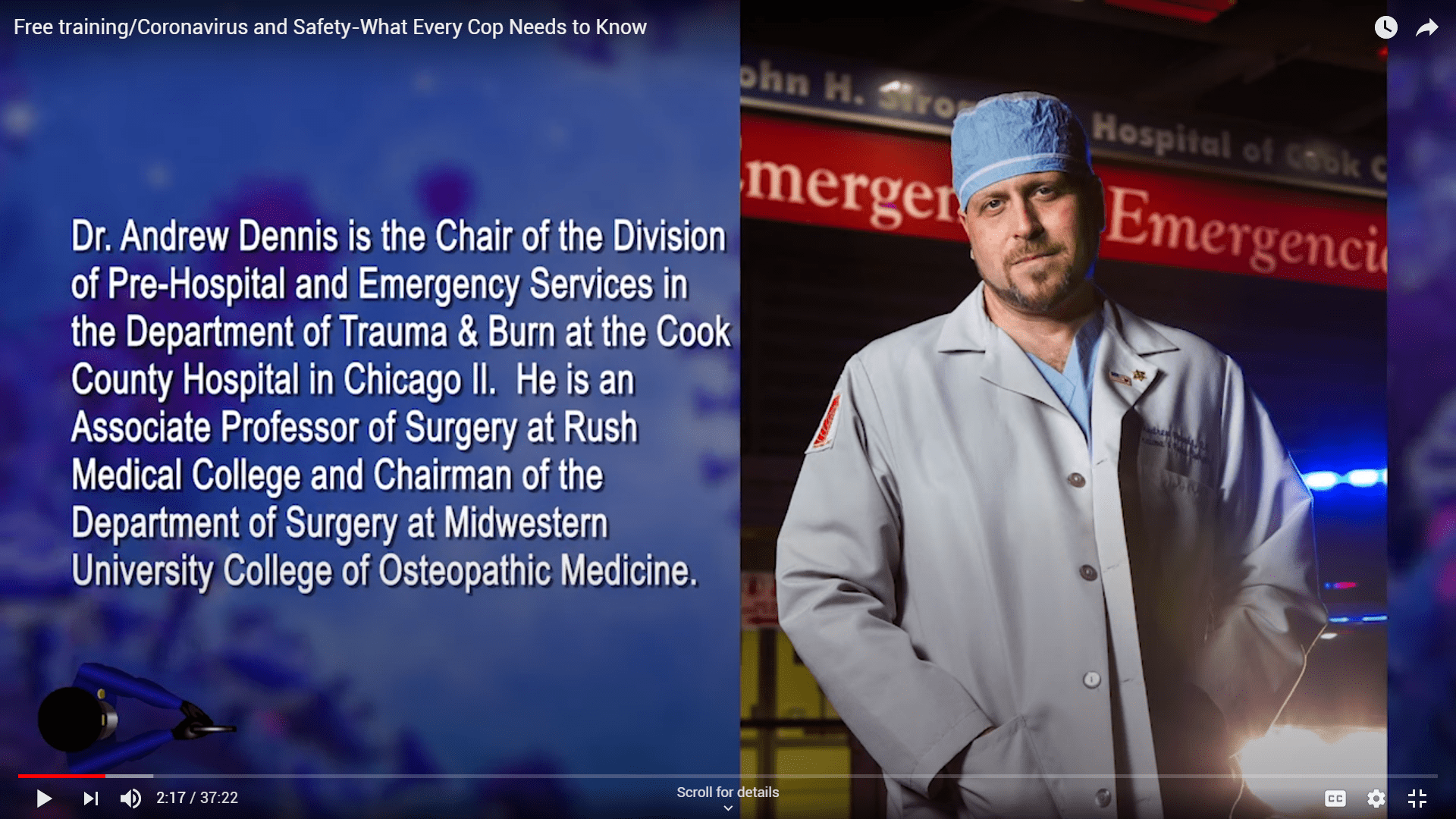
SI49 – Coronavirus and Safety/What Every Cop Needs to Know
In this training program, we talk with Dr. Andrew Dennis, a nationally-prominent trauma surgeon who also happens to be a full-time cop. Dr. Dennis talks about policing during a pandemic and what changes law enforcement may go through in the future. He also covers training and safety during these challenging times.
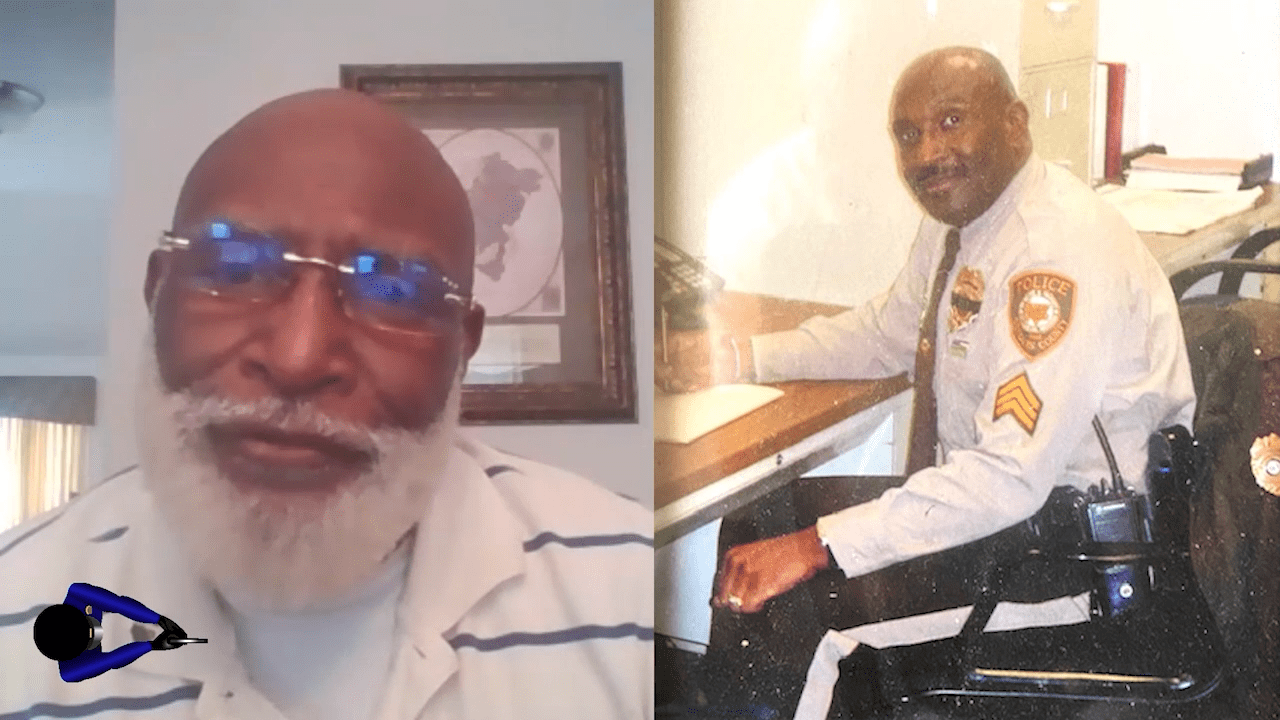
SI59 – De-escalating with African-American Subjects Part 1
In this program, we talk with Byron “Sarge” Watson. Watson provides great insight in dealing with subjects in the African-American communities.
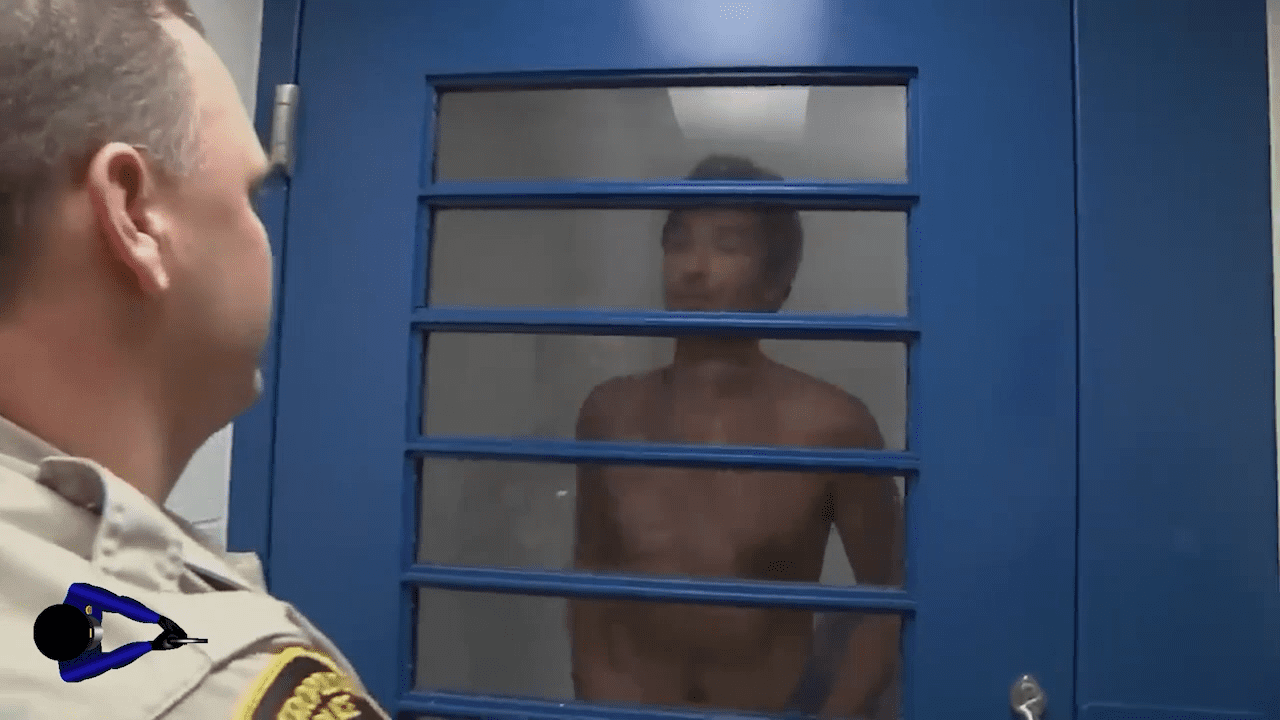
SI75 – Part I: How Cons and Criminals Try to Play Corrections Officers and Cops
Every veteran corrections officer or cop knows that criminals have a different mindset than those who obey laws and try to live normal lives. Criminals learn very early how to lie, cheat, and deceive and feel most who lead their lives by the law are “chumps”. Law enforcement has to know they are dealing with people who were “running the streets” at night as young offenders while the majority of people were in bed sleeping, preparatory to the next day’s school or workplace.

SI37 – Watching Your Six #1
In this episode of Watch Your Six, we will cover the following topics: Cops being bitten, Breastfeeding laws in the US, Hazmat response plan, Exigent circumstances examples.
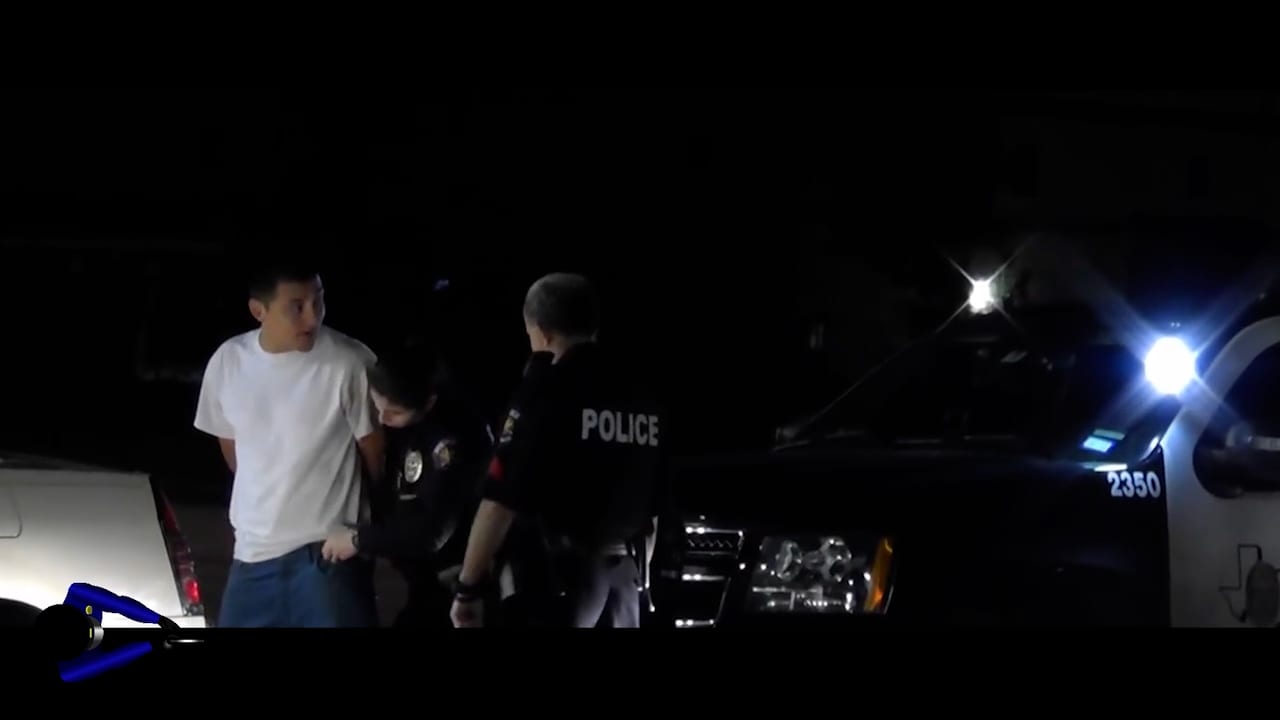
SI50 – The Rule of One More Revised/What Every Cop Needs to Know
In this training program, we examine the age old ‘rule of one more.’
The ‘rule of one more’ has long been a law enforcement axiom for always being aware that a suspect may have more than one weapon, more hidden drugs, contraband, or issues you need to be aware of at all times.
